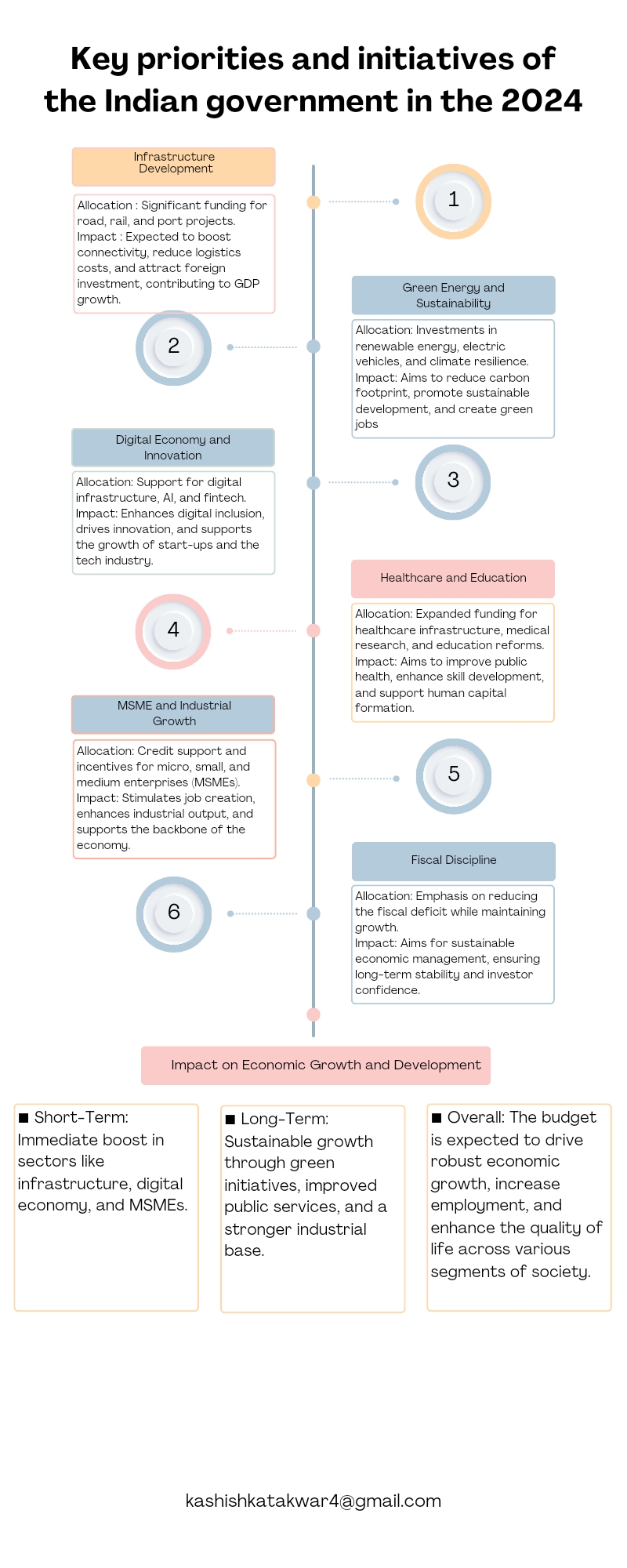Roadmap for Answer Writing Introduction Context: Introduce the colonial period in India, emphasizing the imposition of British policies and their impact on tribal communities. Thesis Statement: Outline that the response will cover the effects of colonial rule on tribals and their subsequent reactions ...
Progress in Indian society benefits from Preamble functions in the Indian Constitution. Any progressive society requires foundational values including justice alongside liberty and equality and fraternity. As a conceptual beacon it guides policy development and legislative action because it states nRead more
Progress in Indian society benefits from Preamble functions in the Indian Constitution. Any progressive society requires foundational values including justice alongside liberty and equality and fraternity. As a conceptual beacon it guides policy development and legislative action because it states national aspirations. The Preamble provides three core elements through its emphasis on social justice and economic fairness and political equality and freedom because they form instructions to combat national inequality and expand inclusivity.
The Preamble tackles this debate directly through its statement “India, that is Bharat, shall be a Union of States.” The official proclamation makes each name equivalent without distinction. The Preamble acts as an introduction to help stop delays that promote seclusion. The names “India” parallel “Bharat” because they both direct toward a unified nation which shares its cultural background and collective destiny. When we direct attention to Preamble values we can merge into shared national purpose instead of contentious name arguments. Through the Preamble’s acknowledgment of fraternity combined with its emphasis on individual dignity controversies stemming from the naming debate can find resolution.
The Preamble maintains a unified discourse which unites all Indians regardless of their chosen designation for the country. The fundamental principles explain the national unity objectives while offering a framework to construct an equitable and just progressive nation.
See less


Model Answer Introduction During British colonial rule, India experienced significant socio-economic and cultural upheaval, particularly among tribal communities. The imposition of alien policies disrupted their traditional lifestyles, leading to exploitation and oppression. Effects of Colonial RuleRead more
Model Answer
Introduction
During British colonial rule, India experienced significant socio-economic and cultural upheaval, particularly among tribal communities. The imposition of alien policies disrupted their traditional lifestyles, leading to exploitation and oppression.
Effects of Colonial Rule on Tribals in India
Land and Forest Policies
Economic Exploitation
Social Impact
Administrative Measures
Tribal Response to Colonial Oppression
Rebellions and Revolts
Formation of Community Organizations
Adoption of Non-violent Methods
Cultural Revival
Conclusion
Despite colonial oppression, tribal communities in India exhibited resilience through various forms of resistance, both violent and non-violent. Their ongoing struggles underscore a vibrant spirit aimed at reclaiming their rights and preserving their cultural heritage.
See less